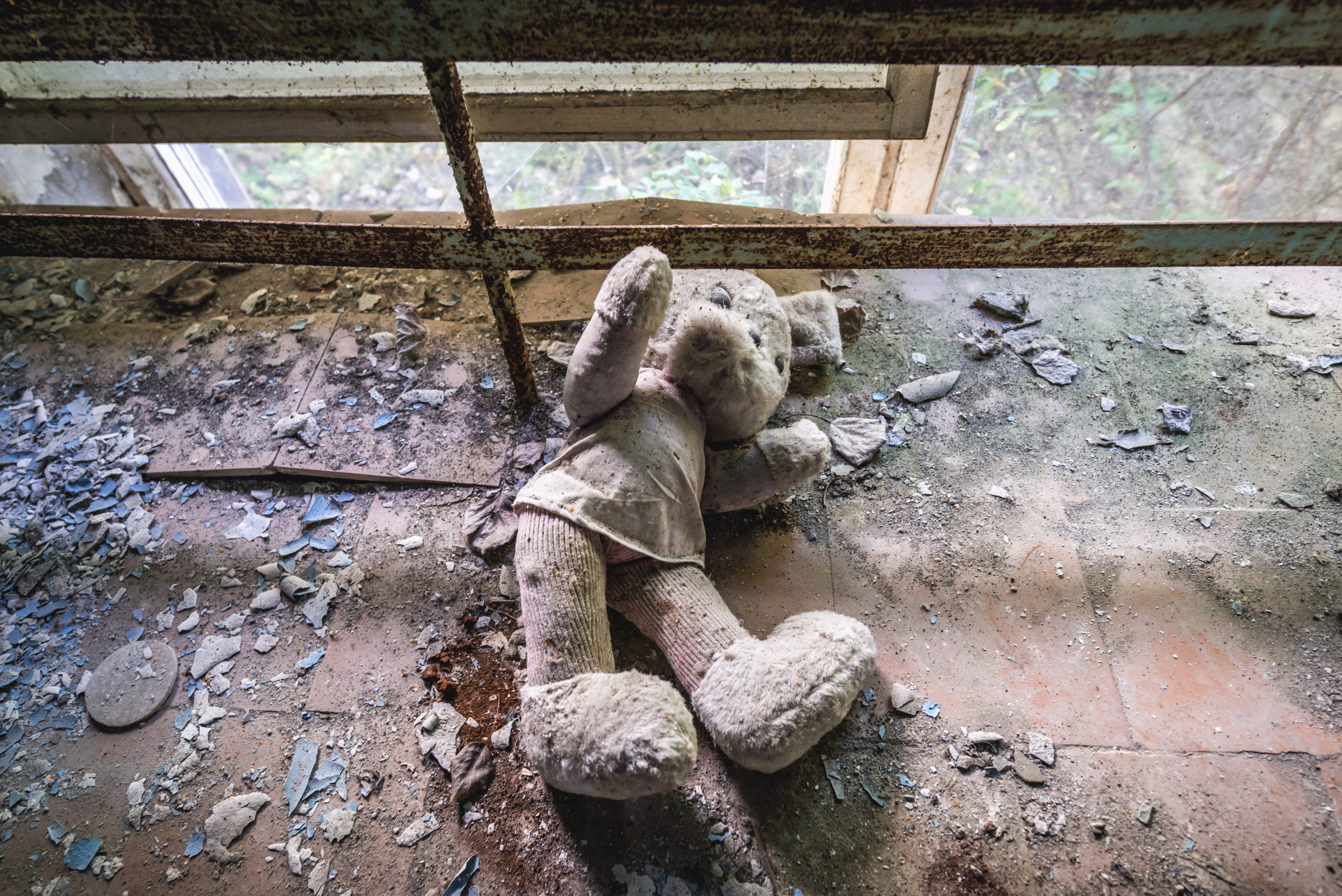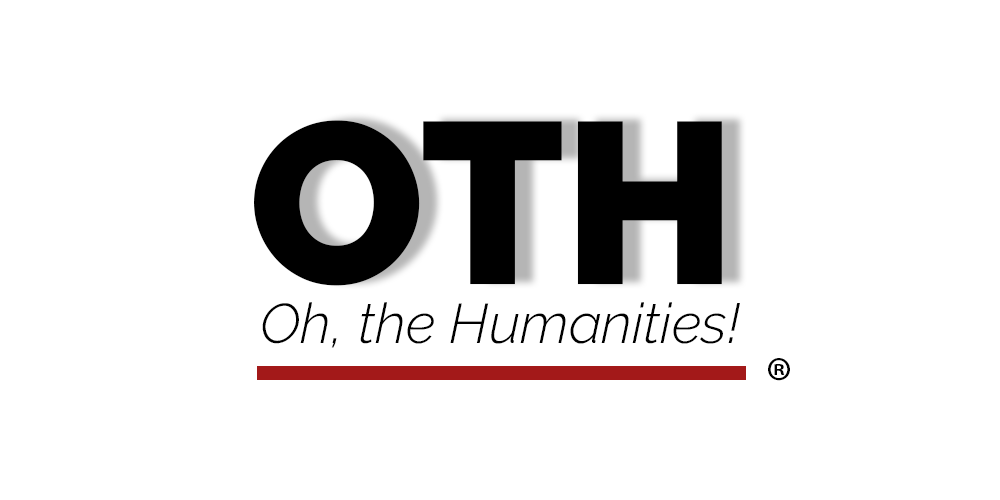
The Flying University for Ukrainian Students
by Andrzej W. Tymowski
Anyone who has recently visited a college or university campus in the United States knows the humanities are on the defensive. Underfunded and often under fire ideologically, majors in the liberal arts are losing ground to more practical and professional studies that seem to give better return on investment for students’ future careers.
It may come as a surprise, then, that in war-torn Ukraine students turned to liberal-arts teaching by U.S. professors to help endure the war and to prepare themselves for rebuilding the country.
Andrzej W. Tymowski, formerly Director of International Programs at the American Council of Learned Societies, is a member of the Editorial Committee of the journal East European Politics and Societies.
DOWNLOAD 2022 FUUS COURSE LIST (word)
Soon after Russia’s multi-pronged attack on Ukraine in February 2022, in the scramble to find ways to assist victims and support resistance, an unusual call went out for U.S. professors to “Donate Your Own Course” to Ukrainian students. The basic idea was to deliver intensive, online classes to students whose lives and academic careers had been disrupted by the war. The students could gain valuable knowledge, develop international academic contacts, and find comfort in new networks.
The name chosen for the initiative, the Flying University for Ukrainian Students (FUUS), referred to clandestine courses taught by professors in Poland at historical moments when the country was occupied by foreign powers. Their classes “flew” from one private apartment to another to avoid surveillance by hostile authorities. Lectures continued independent traditions of learning in order to educate the next generation of leadership for Polish society. One of the most famous flying university graduates was Marie Skłodowska Curie, who later won two Nobel Prizes, in chemistry and in physics, and became the first woman to teach at the Sorbonne University in Paris. In today’s Ukraine, classes were to fly over the internet, dodging blackouts, and alighting on tenuous spaces of time available to students dislocated by war.
In April 2022 a FUUS organizing committee, led by Izabela Kalinowska Blackwood of SUNY Stony Brook and Andrzej W. Tymowski of the American Council of Learned Societies (retired), secured funding from the Kosciuszko Foundation of New York for a pilot program of twelve one-week courses.
The classes were scheduled for mid-June, a time when most universities in the United States are not in session and professors can consider independent projects. To provide a broad liberal arts curriculum, organizers approached accomplished scholars in many disciplines who were experienced in, and dedicated to, teaching undergraduates. Professors responded enthusiastically, wanting to assist in a desperate situation and to learn firsthand about the way the war has affected undergraduates in Ukraine. Despite best intentions, however, not everyone could free up the three weeks of time necessary for designing an intensive course, teaching it, advising students, and evaluating their papers.
In May an open call for applications was circulated to Ukrainian BA and MA students in the humanities and related social sciences. Because FUUS would accept anyone who had been studying in Ukraine at the time of the Russian invasion, without regard for current location, it seemed likely that applications would come not only from within Ukraine but also from neighboring countries that were welcoming Ukrainian refugees. It turned out, however, that a great majority of applications came from students in Ukraine, who were either studying at their home universities (as best they could) or forced into internal exile within the country.
Another surprise: the non-humanities profiles of many applicants. By a large majority, applicants were pursuing practical-professional studies, such as law, international relations, business, and computer science. When one of the organizers expressed dismay at the mismatch with the humanistic topics proposed by liberal arts faculty, the professors ruefully noted that they are very familiar in the United States with students who say they would rather study literature or history, but who feel pressured by their parents and the job market to choose something more marketable. One Ukrainian student expressed this sentiment in just so many words, “I’d wanted to study literature, but my parents asked me to choose a more practical subject.”
Preparations began in earnest to recruit U.S. faculty (and their course descriptions and syllabi), to circulate publicity calling students to apply for the limited number of places, and to assign students to courses. Because time was short, the deadlines for all these activities fell due almost simultaneously. That courses began as scheduled June 6 was an achievement testifying to the ingenuity and intelligence of the faculty, to the commitment of the students, and to the self-discipline and hard work of all.
From the roster of twelve courses available in June, applicants identified first and second choices. Their preferences could not always be honored, because of the time urgency and the great number of non-humanities majors. This resulted in uneven course enrollments, with an average of twelve students per course. Further adjustments within courses were made necessary by the fact that a few students were taking final exams at their home universities. Each FUUS course met four times in one week, with an extra day devoted to individual consultations. Students were assigned readings and videos and discussed them in class. Each student wrote a short paper and received the professor’s written comments. Certificates of completion were awarded to FUUS students at a formal, online, graduation ceremony. Professors as well as students spoke at the ceremony, along with invited guests and Marek Skulimowski, president of the Kosciuszko Foundation.
The energy and curiosity of the students deeply impressed FUUS organizers and faculty. [See Deirdre Lynch, “Teaching Frankenstein in Ukraine,” Los Angeles Review of Books. https://lareviewofbooks.org/article/teaching-frankenstein-at-the-flying-university-for-ukrainian-students/] The Flying University was, after all, a unknown enterprise. Moreover, some students had taken courses outside their own interests. Choosing from an array of topics and approaches, although standard practice at American liberal arts colleges, is not typical in East European universities. Undergraduates in Ukraine do not expect to start their university careers with general education courses. They enroll from the start in departments for training in a specific discipline, with very few options for electives or courses outside the department.
However, the chance to study with professors from leading U.S. colleges and universities proved a potent draw, as did the prospect of improving academic English for access to international scholarship and learning. It is also true that the short, intensive character of “flying” courses, even without university credit, is more accessible to students in a war zone, because they find it difficult to commit to semester-long courses.
The FUUS roster covered contemporary as well as historical topics. [See the attached list of professors, course titles, and brief descriptions.] Courses in “Democracy and Law,” “Nationalism,” “Gender,” and “Sound, Music, and Political Change” had immediate relevance for future leaders of a fast-transforming society. Others examined topics with wider horizons: “Frankenstein and the Rights of Monsters,” “History, Justice, and Democracy in Aeschylus’s Oresteia,” “Joyce’s Ulysses,” “Poetry for Life in the World,” and “The Trial of Joan of Arc.” Each course immersed students in the pertinacious intellectual and social conflicts of other times and other places. Liberal arts curricula have for centuries presented students with such challenges, encouraging self-examination through deeper understanding of the lives of others. In this way studies of the liberal arts have responded to critics who dismissed them as little more than idle musings.
Yet the Ukrainian students found such musings welcome for a number of reasons. It was obviously beguiling to be distracted from the daily reality of bombing, hunger, and cold. Beyond what might be called education as escape, FUUS courses promoted education as engagement. Humane ways of seeing the past and the present, and empathetic investigation of human truth, contradicted the tendentious flood of propaganda and recrimination overspreading Ukraine.
Finally, the Flying University’s liberal arts experience helped overcome the dispiriting isolation keenly felt by students whose formative years were being misshapen by the war.
The long-term benefits of the Flying University resulted not only from the content of the courses and the intellectually open approaches to the big questions they posed, but above all from the formation of communities of inquiry in the online classrooms. Arising from personal cooperation in intensive, weeklong courses, these communities will fortify students’ spirit in the current dark times and in what we fervently hope will be a flourishing future for Ukraine.
Considered in the longue durée of studies of the liberal arts, the Flying University’s was not so much a unique demonstration of the relevance of the humanities, as it was a dramatic instance of self-examination for life and for fully engaged citizenship. FUUS courses showed poignantly the value of the humanities in a war zone. Students gained strength to keep on, despite everything, and, once an independent Ukraine is secure, to rebuild and flourish.
